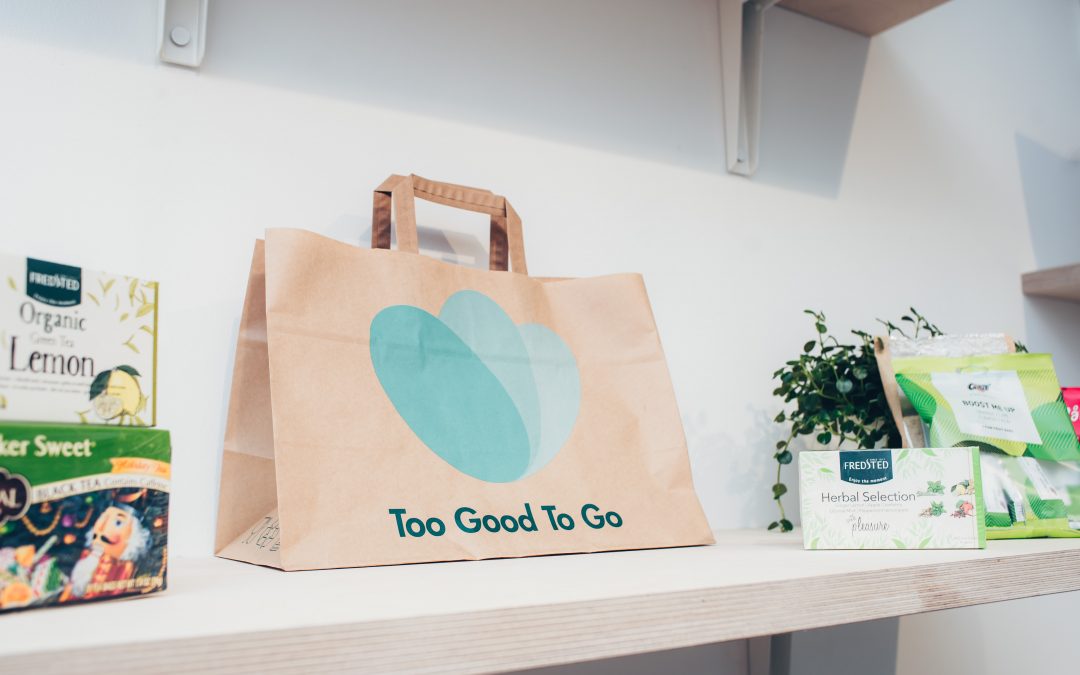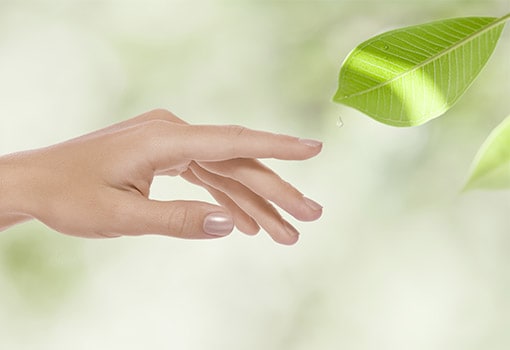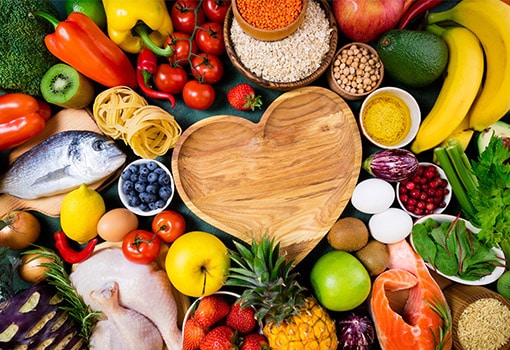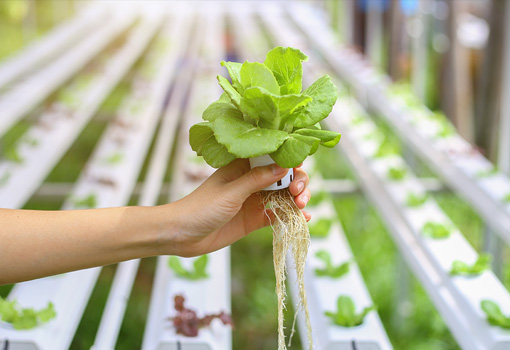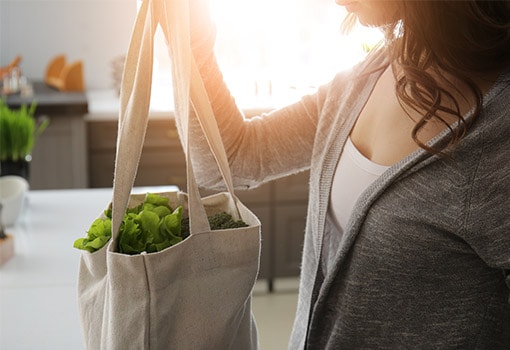There are many ways of tackling food waste, but they often require some planning and effort. A recent idea is perhaps a little more fun, and it’s the anti-food waste app, Too Good To Go. How does it work?
The Too Good To Go app prevents food waste by matching leftover food from restaurants and stores that would otherwise get thrown out, with people who want to buy it, at a discount.
why too good to go?
The app originated in Copenhagen, Denmark in 2016 as a way to address the problem of food waste. Decomposing food releases the greenhouse gas methane into the atmosphere. In fact, food waste accounts for 10% of greenhouse gases, which are a big contributor to climate change.
That doesn’t include the carbon emissions from transporting food that just gets thrown away uneaten. Roughly one-third of the world’s food goes to waste. In the U.S., 40% of edible food is wasted.
how it works
Restaurants and stores usually have surplus food that goes unsold or will be discarded at the end of the day. But instead of throwing it out, they package it into individual “surprise bags.” Details on the number of bags and when they are available for pickup are uploaded to the app. Pricing is greatly discounted from its original value.
Users check the app to see what bags are on offer in their neighborhood and make a reservation to pick up at a specified time. It’s a win-win.
things to consider
“Surprise bags” are a novel concept, but understandably, they are not always customized to your palate. Remember that the contents are food surplus from restaurants and markets that won’t know in advance what they’ll have, so you get what you get – at a cost savings. For example, a bagel place might have a bag worth $12 that sells for $3.99.
Active in 17 countries, Too Good To Go has 50 million users. So far, it has saved 61 million meals worldwide, by connecting the supply of and demand for perfectly good (but leftover) food!
Source: Earth911.com; Boston.com

